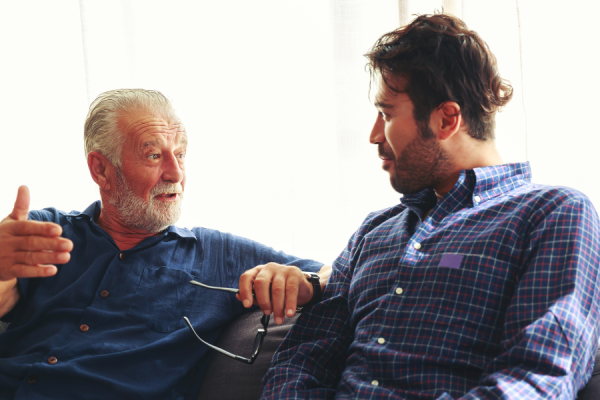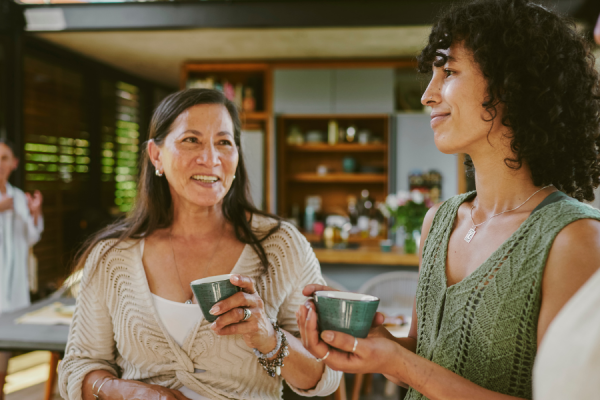
Mental health during lockdown
Many of us may be finding it harder than ever to feel well while we're living in another lockdown due to the coronavirus COVID-19 pandemic.
The idea of facing winter, loneliness, parenting responsibilities, changes, loss or bereavement could be affecting any of us at the start of 2021. Able Futures knows that everyone is feeling different about the latest lockdown, so here are just a few things that may be on your mind which advice and guidance at no cost from Able Futures could help you cope with this lockdown. Apply now for mental health support from Able Futures.
Facing winter
While January may feel harder than ever to get through because it is at the start of a New Year, when many things tell us we are meant to be resolving to change the way we live our lives, it is also in the middle of winter which can be a difficult season to face with it's dark days and bad weather.
However, there are important reasons why the planet experiences seasons, and winter is a time to rest, recover energy and reset for the months ahead and there are some things about winter in 2021 which may help you feel stronger.
Research shows that cold weather may boost brain activity and help you think more clearly. And when you're moving about in colder air, your heart gets a kickstart as it has to work twice as hard to keep you warm. So perhaps going outside for a break from work, even if the weather does seems gloomy, can help us look after ourselves. As winter is also a good time to rest, it can be great to come back home from a walk to a cosy sofa and relaxing pastime such as cooking or playing music.
Loneliness
Coronavirus restrictions have kept many people away from friends, family and people in their wider community. Feelings of loneliness and isolation may have become stronger during winter and while lockdown stops us meeting other people outdoors. Having time to think about our personal situation while we're unable to do things that we used to enjoy but that aren't possible at the moment due to government guidance can also enhance feelings of loneliness when we can't as easily talk through something the way we used to.
If you are feeling lonely or isolated, there be some ways you could find to put these feelings into doing something good for someone else. Getting in touch with someone else through a who lives alone or might not have many relatives could be a way to help them at the same as doing something good for yourself by giving you someone to talk to.
Parenting
While schools are shut and lessons have to be run at home, parenting can feel overwhelmingly challenging once again. Balancing work with caring for your family is hard, and it's ok to take time for yourself, away from the kids, to focus on your feelings and what you need. It's also important for your children to have their own space and time alone, so it can be helpful to build into your daily routine a space for you to each build a den (maybe they can hunker down on the sofa while you go into the bathroom to have a shower) and have time to yourselves.
Change
The news of vaccines being distributed and better treatments for COVID-19 being available may have given us hope that restrictions on our lives could be eased a little, and that things could return to normal. But since a third national lockdown has been imposed in England and Scotland, and restrictions continue in Wales, these hopes can feel wasted. Feeling hopeless is something many of us are experiencing and these feelings can be difficult to cope with.
Exhaustion from living through nearly a year of the pandemic, sadness about the affect the restrictions have had on your life, anger that you follow guidance but other people seem not to, or stressed and unprepared for more changes to happen may be just some of the feelings you are experiencing at the moment.
Loss
Loss and bereavement has affected most of us in the last year, and whether you've lost a loved relative to coronavirus or another illness, or are struggling to deal with your emotions about losing the dreams and ambitions you had for your life, our minds and bodies will react to the change. Feeling sad, anxious, angry, guilty, in denial or anything else are instinctive reactions to bereavement and you may want to read more about how to cope when you lose someone or something you loved.



